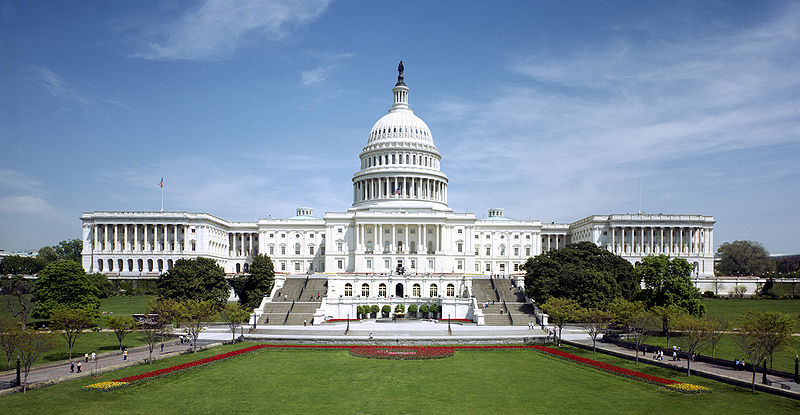Espacios Abiertos: OBoard cuts only essential services, leaves tax privileges intact

The Financial Oversight and Management Board for Puerto Rico has spent five years cutting essential services, while staying away from the “deep pocket” of tax incentives that represent 67.7% of the total expenses related to the commonwealth’s General Fund, even though whether they produce some economic or social benefit is unknown, according to an analysis by nonprofit Espacios Abiertos.
Espacios Abiertos’ Senior Analyst for Public Policy, Daniel Santamaría-Ots, said the tax incentives or expenses amount to $21.2 billion annually or 30% of the Gross National Product (GNP). In that line of expenses, Puerto Rico is well above other countries and jurisdictions, he said.
In the US mainland, the benefits represent 8.8% of GNP, in Argentina 3.0% and in states like Massachusetts it is 2.6%, he said.
Of the $21.2 billion, for example, the government of Puerto Rico fails to collect $15.7 billion annually for preferential rates — 74% of total tax expenditures — due to the incentives provided by Act 135 of 1997 and Act 73 of 2008, known as “Economic Incentives for the Development of Puerto Rico Act.
“Why cut back on essential services such as education, health or safety and not evaluate the cost to the Treasury of all the incentives that are considered an expense for Puerto Ricans, and that it’s not known if they yield the expected results? Why have they been looking the other way for five years while their policies continue to destroy opportunities for those who decide to stay on the island? What’s the double standard and what are their priorities? Austerity for whom? Who is it really trying to benefit?,” Santamaría-Ots questioned.
For Fiscal 2022, the Board proposed austerity measures that imply, among other things, a cutback to health services ($5 million from the Health Department’s payroll, $2 million from the Diabetes Center and $1.2 million from the Cardiovascular Center), education ($94 million from the University of Puerto Rico), security ($120 million to recruit cadets for the Puerto Rico Police), municipal essential services (an additional $44 million cut from the Matching Fund) and retirees (8.5% cut to all pensions over $1,500).
“Fiscal responsibility should not discriminate and always fall on the shoulders of people that every year see a little more taken out of their hands by the democratic institutions and mechanisms that allowed the development of the values that forged this island’s middle class,” the analyst said.
In May 2017, Espacios Abiertos identified the need for Puerto Rico, which faces the greatest fiscal crisis in its history, to disclose the “hidden budget” on what the government spends or stops receiving in tax incentives granted to individuals and corporations.
After filing a lawsuit asking for the data, a case that reached the Supreme Court, in September 2019 the Treasury Department published a report of the expenses for the first time in history, which has not been updated.
“So, that portion of the budget is no longer entirely hidden. However, their performance has yet to be evaluated,” stated the nonprofit, which supports that the report be required by law as in the 50 US jurisdictions.
Board continues to delay audited financial statements
Santamaría-Ots pointed out that another problem affecting Puerto Rico’s public finances is the fact that the audited financial statements are obsolete because the most recent ones are from Fiscal 2017. This prevents corroborating the real status of public finances, which should justify the approval of the recent fiscal plan and the certification of the next budget for fiscal year 2022.
“Every year that passes we see how the Board continues to grant extensions to draft new income projections, up-to-date audited financial statements and an updated tax expense report. However, these concessions are absent when what’s at stake are the essential services rendered by the municipalities or the island’s public university education, among others,” the economist stressed.
“Ultimatums continue to be given for some, but concessions for others. They grant privileges for those who can lobby for their interests with prestigious law firms and cuts for a defenseless citizenry with public institutions victims of institutional deterioration and the lack of public funds to which the Board responds with the same prescription: more austerity for the same people,” he said.
The economist said the Board has limited itself to making budgets that rely on austerity measures for essential services and has forgotten to formulate an economic development proposal that helps to map a route out of the economic crisis and this year has not shown change, despite the fact that there are new members in the body.
In light of the certification that the Board will issue on June 30 of the fifth budget, cutting exclusively from the same pocket of essential services, Espacios Abiertos recommends the following:
- To sign into law Senate Bill 206, known as the “Puerto Rico Tax Expenditure Budget Act;”
- Update tax expenditure reports for the years 2018, 2019 and 2020;
- Conduct an analysis of the economic and social performance of each fiscal expenditure: or a cost-benefit analysis (absent in the first report of 2019);
- Make projections of the government’s tax expenditures for at least the next two fiscal years (absent in the first report of 2019);
- Include municipal tax expenditures in the next report (absent in the first report of 2019); and,
- Update and publish the audited financial statements for the years 2018, 2019 and 2020.












This analyst is clueless and just espousing drivel.
The way the tax incentive “expense” is calculated is to say an Act 73 company paying $4 MM a year in tax would pay $20 MM under the normal rates, so there is a $16 MM per year “expense” from the tax incentive for that company.
Except, most of the Act 73 companies would not locate the majority of their work in PR without the incentive. So the tax revenue will be approximately $0 from the company without Act 73….